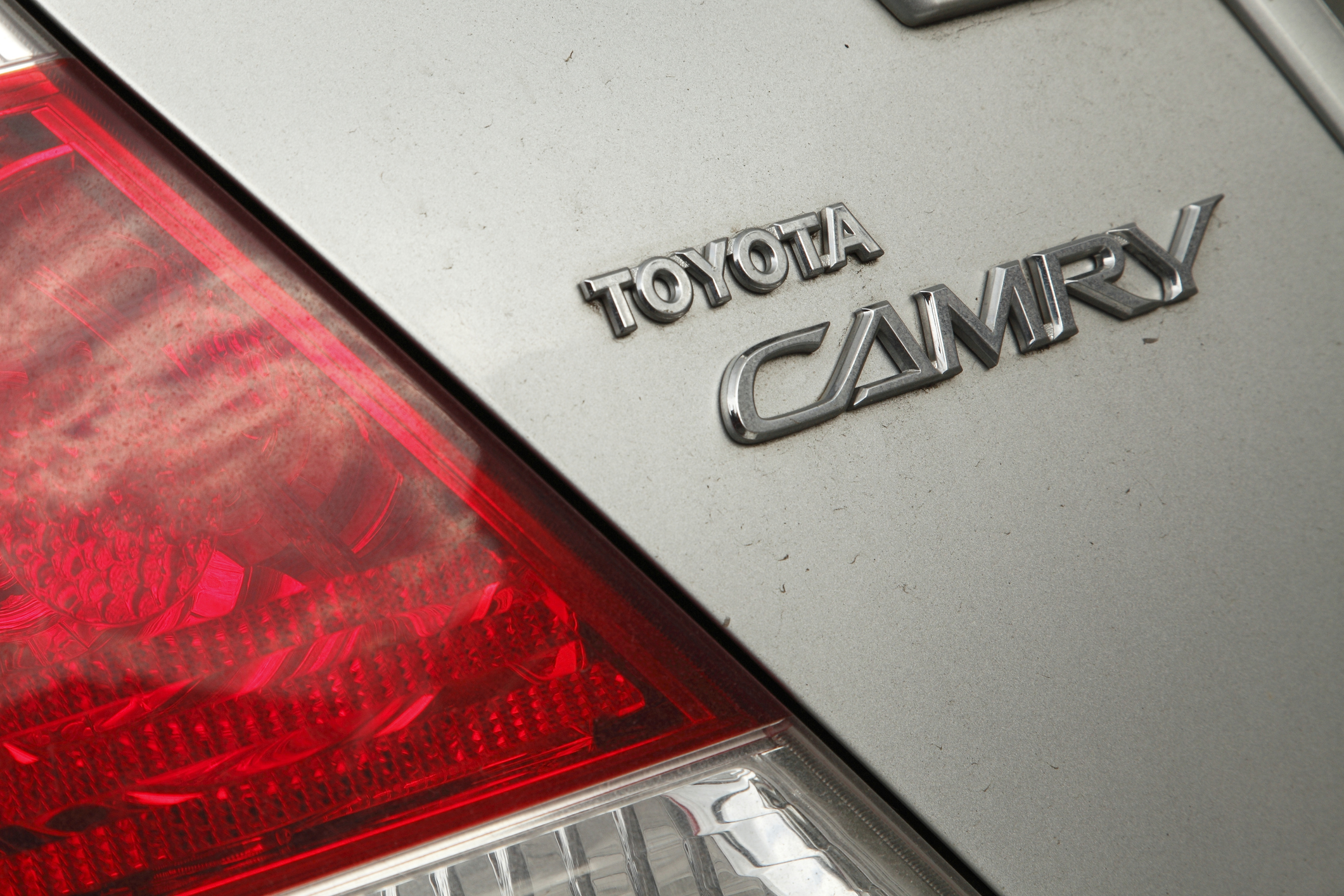Toyoda Gosei Introduces New Technology for Recycling Automotive Plastics

Toyoda Gosei Co., Ltd. has unveiled an innovative horizontal recycling technology aimed at producing high-quality plastic from end-of-life vehicles (ELV), addressing the growing demand for sustainable materials in the automotive industry. According to the company’s official statement, this development is driven by the increasing pressure of stricter environmental regulations and the automotive sector’s push for more eco-friendly solutions.
The company noted that traditionally, recycling waste plastic has been challenging due to contaminants that reduce the performance of the material, often resulting in thermal recycling or downcycling into lower-performance products. However, Toyoda Gosei’s new process has succeeded in creating recycled plastic that matches the quality of virgin materials, even when using up to 50% ELV plastic (polypropylene). This development marks a significant milestone in advancing sustainable practices in the automotive industry.
A key aspect of the new technology is Toyoda Gosei’s collaboration with Isono Co., Ltd., a company that helps secure high-quality raw materials for the recycling process, the company said. Combined with Toyoda Gosei’s proprietary material modification technology, the result is a recycled polypropylene that meets the stringent quality standards required for automotive parts.
This breakthrough allows Toyoda Gosei to produce automotive interior components, such as glove boxes, with 50% recycled plastic without compromising impact resistance. The company claimed that it is the first time in the world that a recycled plastic containing 50% ELV plastic has been used in automotive interior parts that require such strength. The new technology supports the global automotive industry’s push towards a circular economy by facilitating horizontal recycling—reusing plastic in the same parts it came from. This approach is not only beneficial for the environment but also reduces carbon emissions significantly.
According to Toyoda Gosei, using this recycled plastic in manufacturing automotive parts can reduce CO2 emissions by as much as 40%, depending on the product size and other factors. This is calculated using the IDEA (Inventory Database for Environmental Analysis) methodology developed by Japan’s National Institute of Advanced Industrial Science and Technology.
The timing of this announcement aligns with the European Commission’s upcoming Environmental Legislation (ELV Directive), which mandates the use of recycled plastic in new vehicles starting in 2031. This move is part of the European Union’s larger efforts to enhance sustainability in the automotive sector and significantly reduce the carbon footprint of vehicle manufacturing. According to Toyoda Gosei, this technology will contribute to decarbonized, circular economy through its use in various vehicle models starting with the Toyota Camry (manufactured in Japan, used on the Camry launched in Europe and other parts of the world since 2024), marking a significant milestone for both Toyoda Gosei and the wider automotive industry.
Looking ahead, Toyoda Gosei is committed to further developing and expanding the use of recycled plastics in automotive components as part of its broader decarbonization strategy outlined in its 2030 Business Plan. By focusing on sustainability, the company aims to support the automotive industry in achieving a more environmentally responsible and circular economy.
Source: Toyoda Gosei






